Sen. Bam: Gov’t, private sector no more excuses for poor Internet quality
With the imminent passage of the Free Internet in Public Places Act, the implementation of the Philippine Competition Act and the proposed National Broadband Plan (NBP), the government and the private sector will have the necessary platform to improve the country’s internet quality and access.
“We’re breaking down barriers to improving the Internet through our policies. Now, the ball is in the executive and private sector’s court,” said Sen. Bam Aquino, chairman of the Committee on Science and Technology. He also pushed the measure in the Senate as principal sponsor and co-author.
“Our hearings have exposed the lack of infrastructure that we have. So we’re reducing red tape for the private sector and we’re also allotting the necessary budget para ang gobyerno mismo ang mamuhunan sa internet infrastructure sa ibang lugar,” said Sen. Bam.
The senator said the challenge of implementation now falls on the shoulders of the Department of Information and Communications Technology (DICT) and the private sector.
“The DICT needs two-and-a-half years for the NBP while the sector needs to be opened up to new players to strengthen competition in the market,” said Sen. Bam.
The final version of the Free Internet in Public Places Act has been approved by the bicameral conference committee. After the final version is ratified by both houses of Congress, it will be transmitted to Malacanang for President Duterte’ signature.
Sen. Bam also believes that the Republic Act 10667 or the Philippine Competition Act will encourage the entry of more players in the telecommunications industry, leading to improved Internet service at affordable prices.
“The Philippine Competition Act will usher in such competition for the benefit of Filipino consumers for the long term,” said Sen. Bam, principal sponsor and co-author of Republic Act 10667 or the Philippine Competition Act
If finished quickly, the NBP can hasten the rollout of the implementation of the Free Internet Access in Public Places Act. It will be put up starting 2018 and expected to be fully operational by 2020.

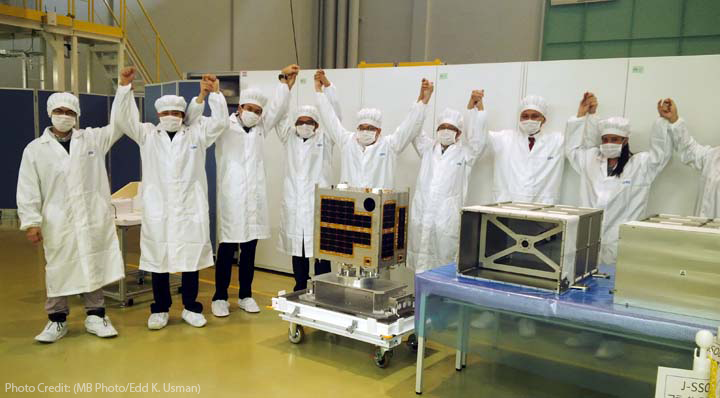
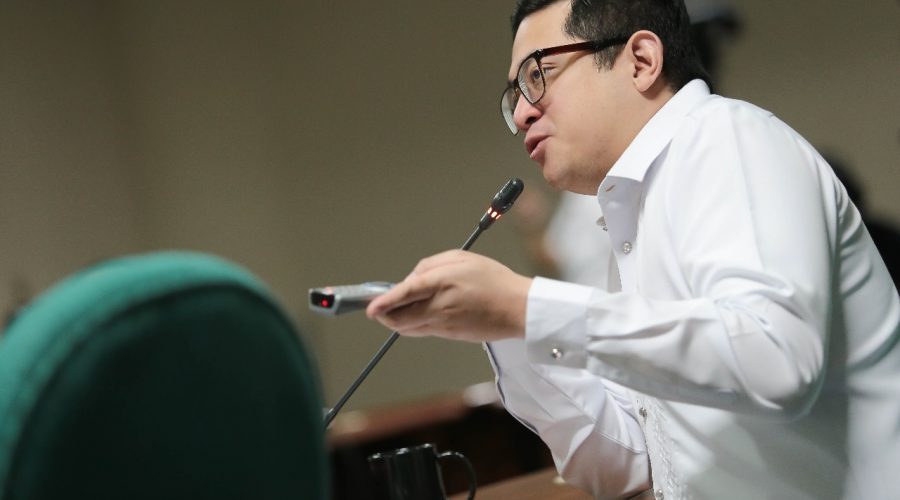
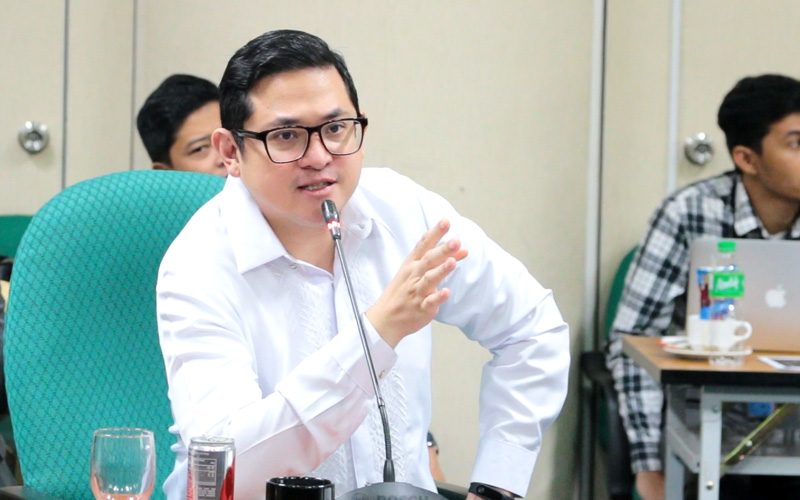

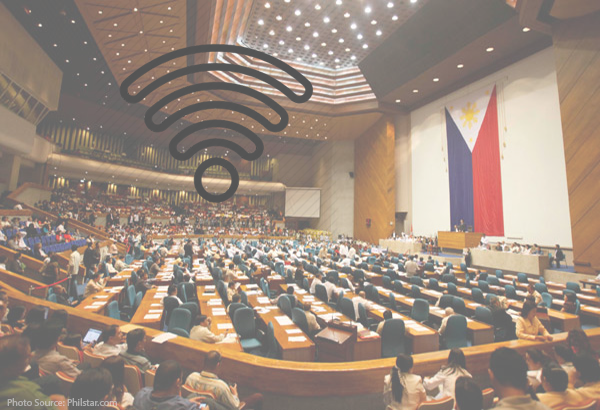
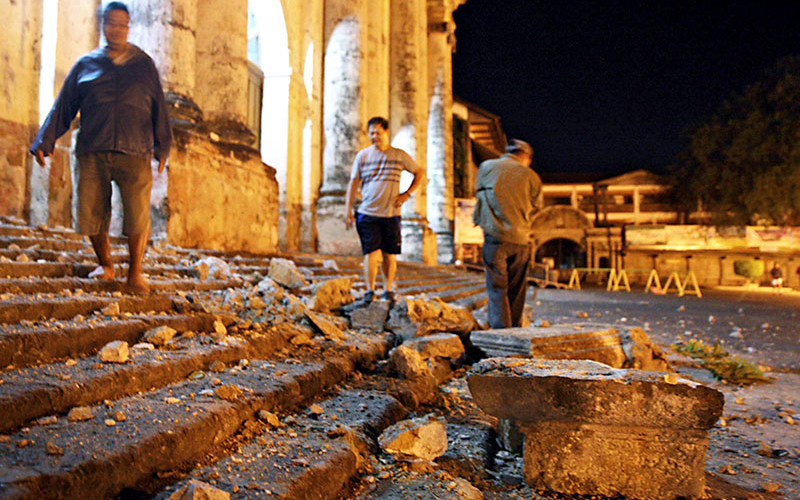

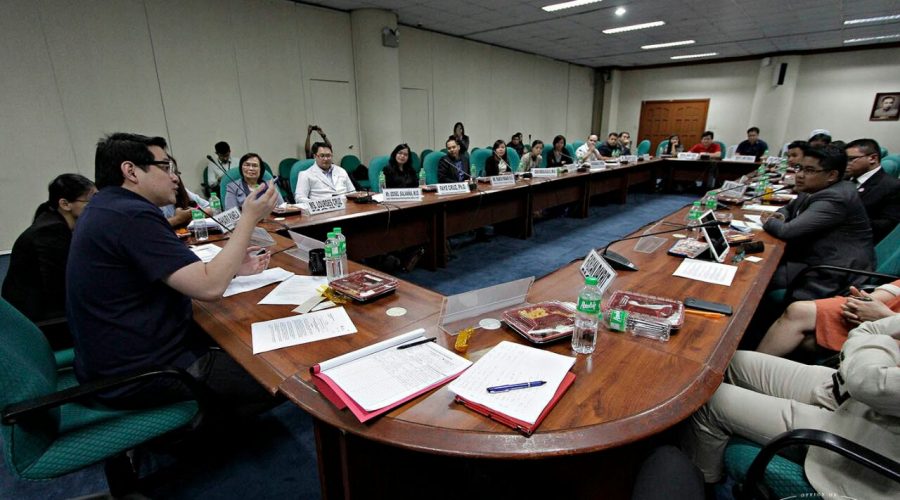
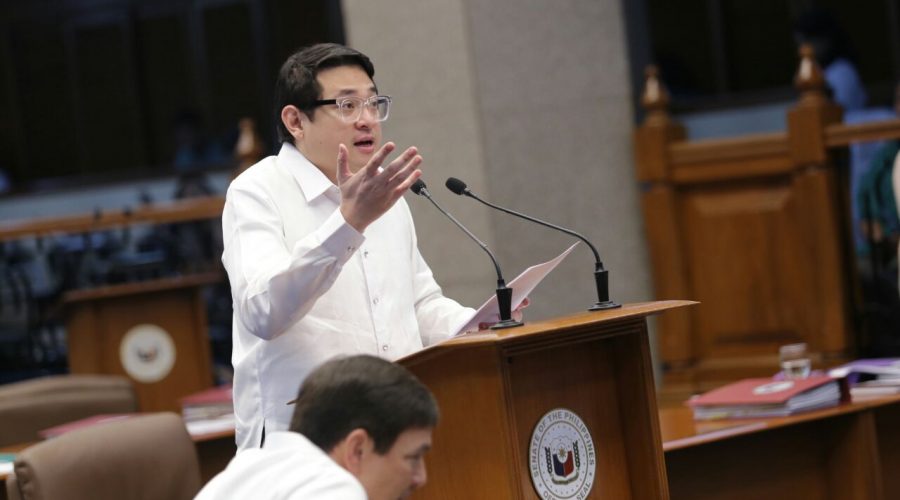
Recent Comments